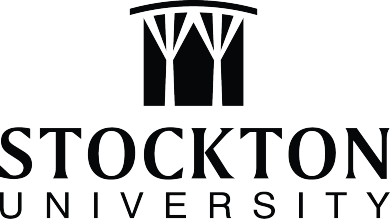Feedback is welcome on redesigned Blackboard Support site
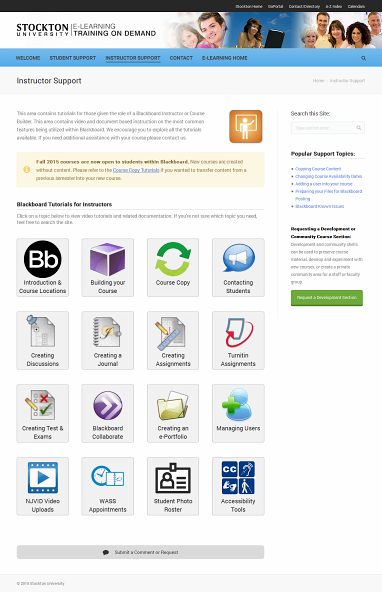
E-Learning Blackboard support and training website.
The Office of E-Learning redesigned their Blackboard support site for Instructors and Students this past summer. Although the visual changes are subtle, the new framework allows for easier targeted messages for students and instructors and enhances ability for user analytics and feedback.
If a search term doesn’t provide any results, the E-Learning staff are notified and will work to remedy the issue right away. While usage patterns are important, nothing is a substitute for direct user feedback. At the bottom of nearly every page within the new training site is the ability for users to leave feedback. We encourage users to take advantage of this feature to help us improve the current on-demand training offerings available to the Stockton Community.
Teamwork and Collaboration in online class:
Small groups work to write short newsletter summaries of contemporary issues in Educational Psychology
by Dr. Sonia Gonsalves
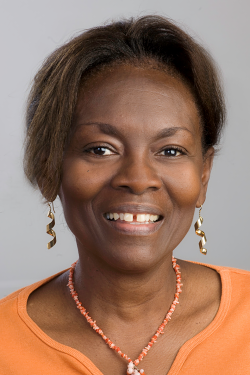
Dr. Sonia Gonsalves
Getting students to work together in an online class takes some organization but the benefits of teamwork are well worth the effort. This summer, students worked in groups to write articles for an Educational Psychology newsletter that would eventually be published.
Student received instruction in writing and in audio posts to the course Blackboard site. To help students get started, I gave examples of the type of research that would be acceptable and non-examples of research that would not be appropriate.
I enumerated the steps that each group would have to take and the most common pitfalls they might experience, including leaving the work for the last minute, and gave suggestions to avoid or manage problems with getting peers to contribute. I participated in the group mails, sent prompt reminders and kept abreast of the groups that were slow to start. When one group asked a question, I shared the question and answer with all groups. When a group completed the first step, I informed all the groups of their progress. That communication motivated (or pressured) other groups to get moving or to keep up.
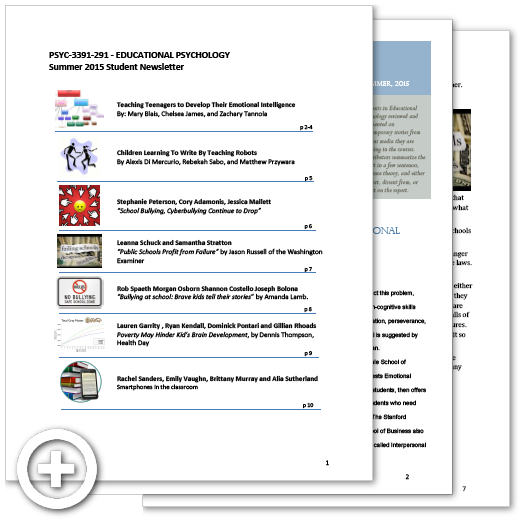
View the Educational Psychology Student Newsletter in PDF format.
The final work product, the newsletter, was useful and interesting. It highlighted course-related contemporary issues and articulated a position on each based on what they knew and understood from the course. Choosing an issue for the brief review forced the group members to work collectively, considering several issues and choosing one. Alternatively, one group member could have done the selection and persuaded the others to analyze that one issue. Either way, students took an interest in current Educational Psychology issue.
We integrated the Essential Learning Outcome of
Teamwork and Collaboration into our highly structured online psychology program class. Students reflected positively on the process at the mid-session feedback and I was satisfied with the learning that the product exemplified at the end.
GoPro Cameras Go Global!

Dr. Tina Zappile and Dr. Doug Harvey
In additional to teaching this summer Dr. Tina Zappile and Dr. Doug Harvey took on the role of video directors to create unique content for this Summer’s “Go Global!” courses. Designed for incoming first year freshman, the "Go Global!" program is part of strategy to retain incoming first year students by introducing them to a series of global challenges and essential learning outcomes through the use of technology.
Provided through the University’s ITEE Grant, the GoPro cameras were used to create a series of video interviews with Stockton students, staff, and faculty who were asked to volunteer experiences outside the U.S. related to the course content.
Dr. Tina Zappile explained, “the purpose of this project was to make course content more engaging and connect it to the Stockton community by demonstrating that global challenges were not experienced elsewhere but by those in our own community. Our secondary purpose was to introduce incoming first year students in our course to their new campus community and to recognize the diversity of student experiences.”
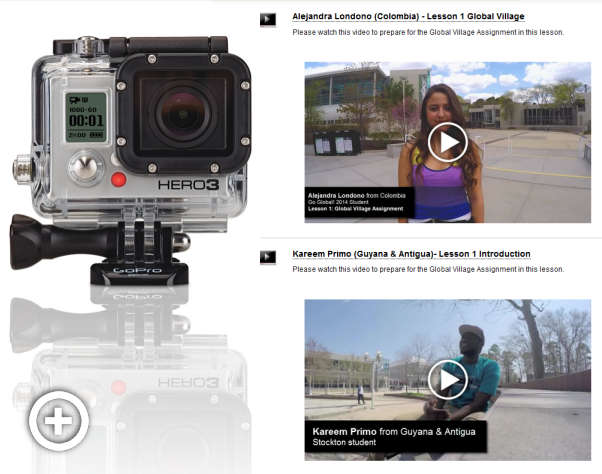
The GoPro Camera's were used to create custom videos the Summer 2015 GoGlobal! courses.
After filming, the videos were edited and securely embedded within each of the Go Global! Blackboard course sections taught this past summer. Students were also given a platform to discuss their own experiences after watching these videos within each course. Several students cited the experiences of the interviewees in the programs coursework.
With the success of the videos this year, Dr. Zappile and Dr. Harvey may record additional interviews to fill in sections of the course that were not included in the first round of interviews. As the campus changes and interviewees move on from Stockton, they also plan to update the video library to keep it current and hope that the cameras may be used for other pedagogical projects at the University.
Both Dr. Zappile and Dr. Harvey welcome contact from any faculty wishing to check out the Go Pros Cameras or ask additional questions.
Learning Access works with E-Learning to provide a sign language alternative to audio podcasts.
The accessibility needs of students are an important aspect to consider for any course, but becomes essential when technology is involved in delivering course material.
While text captions are more common on newer audio or video files, older files may lack captions or transcriptions entirely. As a result your course material essentially becomes inaccessible for the hearing or visually impaired.
Early this summer, the Learning Access Program worked with the Office of E-Learning to help produce over 7 hours of audio podcasts accessible to a hearing impaired student.
Due to the amount of audio that needed to be transcribed, the Learning Access Program hired two ASL (American Sign Language) interpreters to visually sign the audio podcast while being filmed in the E-Learning studio in upper K-wing.
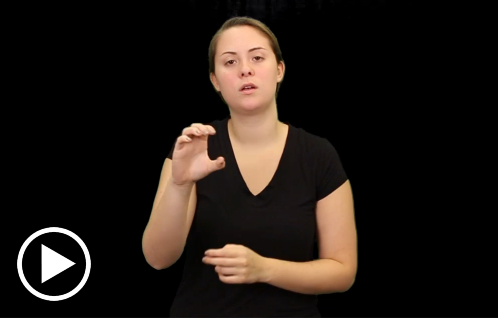
Click to view a short sample of the ASL interpretor transcribing an audio podcast.
The resulting videos were then edited and made available to the student within Blackboard as an alternative to the audio files.
It is important for instructors to be mindful of the accessibility needs of their students, especially when providing electronic course work to them. The Office of E-Learning has created a special support page to provide tips for making course content more accessible to students.
Instructor concerned about the accessibility of content in their courses, may contact the Learning Access Program for more information.

